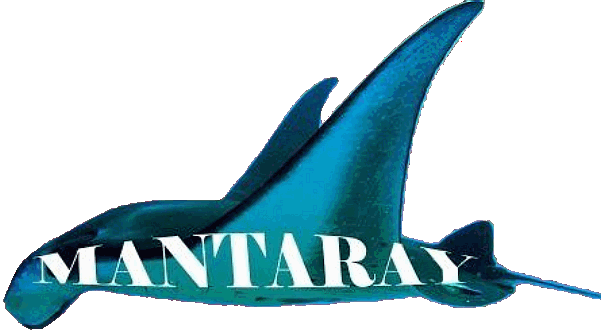|
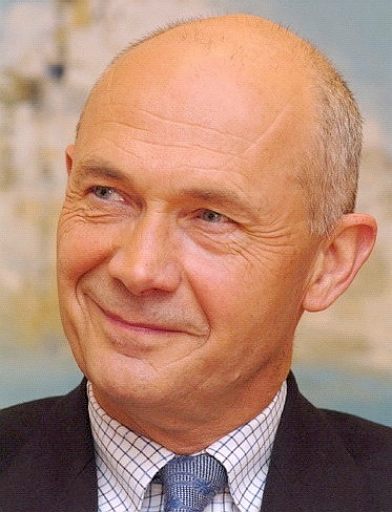
Pascal Lamy
was born on the 8th of April 1947. He is a French political consultant and businessman. He was the Director-General of the
World Trade Organization (WTO) until 1 September 2013. His appointment took effect on 1 September 2005 for a four-year term. In April 2009, WTO members reappointed Lamy for a second four-year term, beginning on 1 September 2009. He was then succeeded by Roberto Azevêdo. Pascal Lamy was also European Commissioner for Trade and is currently the Honorary President of the Paris-based think tank, Notre
Europe, apart from his role as am Ocean Commissioner.
EUROPEAN COMMISSION
When Delors became President of the European Commission in 1984, he took Lamy with him to serve as chef de cabinet, which he did until the end of Delors' term in 1994. During his time there, Lamy became known as the Beast of the Berlaymont, the Gendarme and Exocet due to his habit of ordering civil servants, even Directors-General (head of departments) "precisely what to do – or else." He was seen as ruling Delor's office with a "rod of iron", with no-one able to bypass or manipulate him and those who tried being "banished to one of the less pleasant European postings".
Lamy briefly moved into business at Crédit Lyonnais. Promoted to second in command, he was involved in the restructuring and privatisation of the bank. Returning to the European Commission in 1999, he was appointed European Commissioner for Trade by Commission President Romano Prodi. Lamy served to the expiry of the commission's term in 2004. His ability to manage the powerful civil servants in his department was noted.
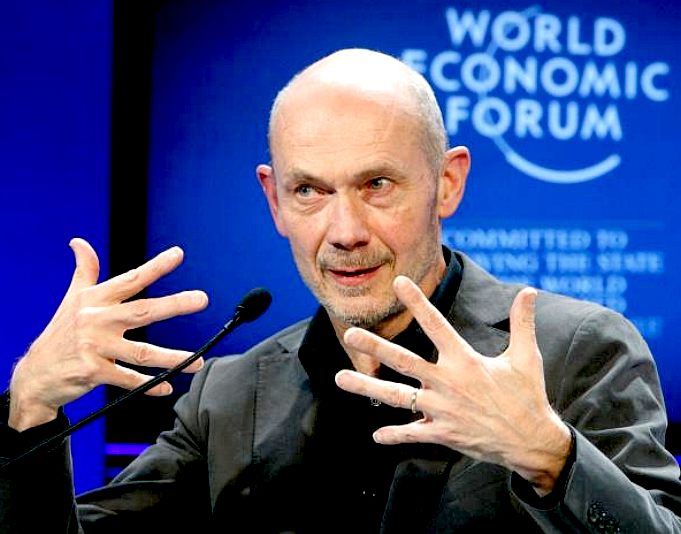
WORLD TRADE ORGANIZATION (WTO)
On 13 May 2005, Pascal Lamy was chosen as the next director-general of the World Trade Organization, and took office on 1 September 2005 for a four-year term. On 30 April 2009, Lamy was re-elected unanimously by the WTO general council for a second term of four years, beginning 1 September 2009. He also served as the chairman of the organization's Trade Negotiations Committee. He is the WTO's fifth director-general.
HISTORY
Born in Levallois-Perret, Hauts-de-Seine, a suburb of Paris, Lamy studied at Sciences Po
Paris, from HEC and ÉNA, graduating second in his year of those specialising in economics. Lamy is also an honorary graduate of the University of Warwick.
He then joined the civil service, and in this role he ended up serving as an adviser to Jacques Delors as Economics and Finance Minister and Pierre Mauroy as Prime Minister.
Lamy has been a member of the French Socialist Party since 1969. Lamy is married and has three sons. His hobbies include running and cycling.
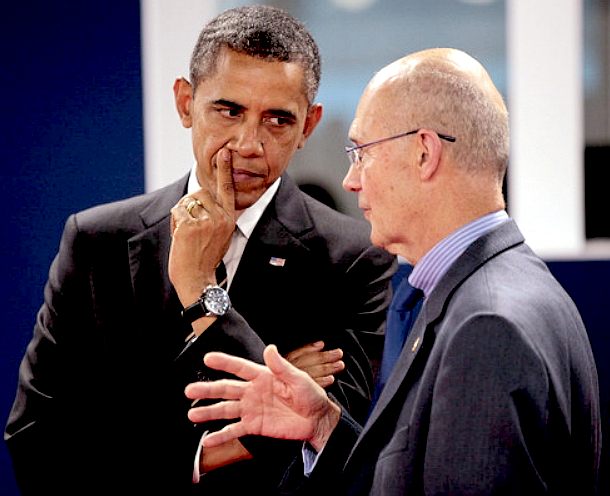
THE GUARDIAN INTERVIEW 3 DEC 2014
What have you learnt in your career about the importance of trade, aid for trade, and the removal of trade barriers?
I believe trade opening can work for development but under a number of conditions. For example, if I'm an African producer of cut flowers, I will have duty-free access to the US, Europe and Japan. But if those countries enforce pesticide standards that I can't match, I won't be able to sell my flowers. So the issue is how a developing country can access the necessary network of labs, Euro standards, and checking procedures that get these flowers to the market. And that's not rocket science, it won't cost zillions of dollars. It's a question of $4-$5m. If this network isn't there, trade doesn't happen. If they are there, the multiplier on the amount of trade - on the revenue for farmers - is absolutely gorgeous.
This is, in my view, where the focus should be now. If I try to dissect what works and what doesn't in this part of development assistance and support – i.e. aid for trade - it's cross-cutting coalitions that work best, coalitions between businesses, civil society, local authorities, and national authority. Network building is the solution for the future.
The World Trade Organisation is by most public perceptions a very top-down, very command-and-control organisation. Is that an inaccurate perception?
First, it depends on who you talk to. If you look at the world as a whole, most people will agree that trade opening works for development. If you look at the numbers, the countries who have opened up trade have developed more quickly than those who have not. So I don't think that's the point. The point is: how can trade opening translate into revenue, growth and poverty reduction? Opening trade is a necessary but not sufficient condition, and so more attention has to focus on how you make it work.
This is why the big thing is aid for trade, which I started in 2005 with the World Bank and the European Development Fund; bilateral European donors and others. But small structures, like the International Trade Centre and TradeMark East Africa, have in my view much better results on the ground.
Can you share any best practices that the rest of the development community could replicate or learn from?
No, I think that initiatives such as TradeMark East Africa – which is a UK, Belgium and Nordic-sponsored initiative – have done well because they are extremely 'on the ground'. Asia, Cambodia for example, with different political systems and strong political coordination has also had results. It's a different model.
What can we expect from you post-WTO? What are you working on next?
I have to finish lots of things that I had no time to do when I was chief of WTO. I've written a book called The Geneva Consensus: Making Trade Work for All. I'm working on a big report with the Oxford Martin School on challenges for the future, and how you break this terrible gap between the knowledge of challenges and our political capacity to address them. And I have a few academic occupations in the US, Asia and Europe, and then next year I'll have a fresh look at what I want to do. It's a period of transition.
In the time you've been at the WTO, what is your proudest achievement? Conversely what are the changes you had wanted to see but didn't?
During this period, the WTO has done well with its core mission – keeping trade open. Trade is more open than it was eight years ago, it has benefited most developing countries, and we've resisted the protectionist temptation during the 2008 crisis. So, overall, it has played its role of being an insurance policy against protectionism.
What we haven't done is update the rule book. Notably to make it more development-friendly, such as removing agricultural tariffs and agricultural subsidies which distort trade against developing countries' comparative advantage. Also, industrialised, rich countries and emerging countries are not agreeing on what the rule of the game is for emerging countries. We know the rule of the game for
rich
countries, we know the rule of the game for poor countries. But WTO members have not made up their mind whether China is a rich country with many poor, or a poor country with many rich. Depending on how you answer this question, your trade regime will be different.
The people who head up international organisations are often depicted as nation-neutral, as if they don't belong to a particular country. But you're a Frenchman. What are your reflections on your country's position on development?
Most of what France does in this field now goes through Europe. In the EU, what member states do best bilaterally is a part of what the union as a whole does. True, France has a focus on Africa for historical reasons – which I think is justified – but overall I think the EU approach to development should, in the future, make Africa the priority. Not that there aren't issues in India, China, Latin America or central Asia, but I think the strategic priority for Europe should be Africa.
On the Africa rising or falling debate, which view do you side with?
Rising. 100%.
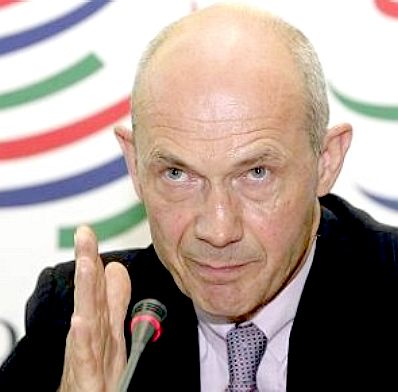
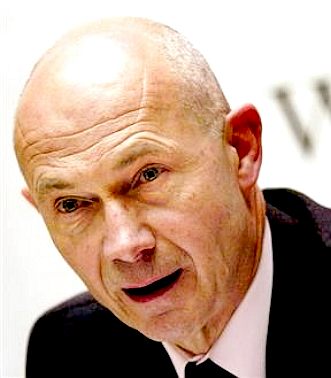
LEPOINT FRANCE - Des millions de vacanciers dans l'hémisphère Nord se préparent à profiter de la mer lors de leur repos estival. Sans réaliser qu'ils seront au bord d'un univers en danger.
C'est pourquoi, avec mes collègues de la Global Ocean Commission, venus de tous les continents, nous lançons cette semaine un appel qui s'appuie sur deux ans de recherches et de travaux.
Il porte sur la haute mer, celle qui appartient à tous au-delà de la bande côtière qui appartient à ses riverains. Deux tiers de l'espace maritime. Près de la moitié de la surface de la planète, que son éloignement et ses profondeurs abyssales ont protégée des hommes durant des millénaires. Depuis quelques décennies, c'en est fini. L'évolution des techniques, la croissance de la population, le développement des économies, bref, la globalisation a entraîné une augmentation de la demande de poissons, de minéraux, de ressources génétiques. Le réchauffement climatique et la concentration de gaz carbonique ont provoqué une acidification préoccupante de la mer et la fonte des glaces polaires.
Le progrès de la science nous dit aussi que la moitié de la productivité biologique de l'océan a lieu en haute mer et qu'elle stocke 500 millions de tonnes de carbone par an.
Ces nouveaux défis se doublent, comme ailleurs, d'enjeux d'équité : comment partager les bénéfices pour les biotechnologies de l'exploitation de la haute mer ? Comment venir à bout des subventions diverses qui conduisent à la surexploitation des ressources en abaissant artificiellement le coût de leur accès ? Phénomène particulièrement évident si l'on regarde le compte d'exploitation de la pêche au chalut en haute mer : 600 millions de dollars de revenus, 60 millions de profits et... 150 millions de subventions. Le consommateur paie donc le poisson deux fois : chez le poissonnier et chez le percepteur.
Notre rapport propose une série de mesures dont l'objectif est d'inverser la trajectoire actuelle de dégradation et de surexploitation des océans.
"Aux Européens de se mobiliser !"
Parmi les plus importantes :
- Un objectif spécifique de santé des océans dans les objectifs de l'Onu, qui feront suite, après 2015, aux objectifs du millénaire.
- Une réforme de la gouvernance des océans pour en finir avec l'approche actuelle fragmentée entre institutions internationales ou régionales aussi diverses que mal coordonnées.
- Pour préserver la pêche artisanale côtière, essentielle dans l'alimentation des communautés les plus pauvres, une obligation pour les Etats de rendre publiques les subventions à la pêche et de geler, puis d'éliminer les subventions au carburant en haute mer.
- Une obligation d'identification pour les navires de pêche, comme c'est déjà le cas pour les autres navires.
- Un programme anti-rejets de plastique s'adressant directement aux citoyens.
- Une évaluation indépendante de l'ensemble des impacts de l'exploitation des ressources minérales ou halieutiques durant les cinq prochaines années. Au cas où elle révélerait une poursuite des tendances actuelles, la haute mer serait déclarée zone protégée par la communauté internationale afin d'en permettre la régénération.
Pour toutes ces raisons, environnementales, économiques et sociales, le moment est venu de réaliser que préserver l'avenir des océans, c'est préserver le nôtre. L'administration américaine a annoncé la semaine dernière des mesures allant en ce sens. Aux Européens de se mobiliser après la réforme courageuse de la politique de la pêche adoptée cette année sous l'impulsion de la commissaire européenne à la Pêche et aux Affaires maritimes, Maria Damanaki. Et de prendre le chemin de l'économie bleue
THE
COMMISSIONERS
|
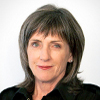
|
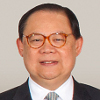
|
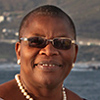
|
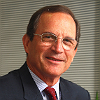
|
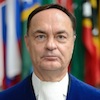
|
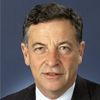
|

|
|
Carol
Browner |
Victor
Chu |
Obiageli Ezekwesili |
Luiz
Furlan |
Vladimir
Golitsyn |
Robert
Hill |
Yoriko
Kawaguchi |
|
. |
. |
. |
. |
. |
. |
. |
|

|
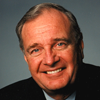
|
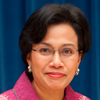
|

|
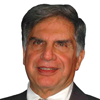
|
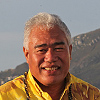
|
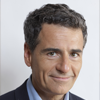
|
|
Pascal
Lamy |
Paul
Martin |
Sri
Mulyani Indrawati |
Cristina
Narbona |
Ratan
Tata |
Foua
Toloa |
Andrés
Velasco |
GOC
OBJECTIVES The objective of the Global Ocean Commission is to address
the issues herein by formulating ‘politically and technically feasible
short, medium, and long-term recommendations. The work of the Commission thus focuses on four key tasks:
1. To examine key threats, challenges, and changes to the ocean in the 21st century, and identify priority issues. The Commission will utilise both scientific and economic evidence, drawing on existing reports from world experts, as well as commencing original research in partnership with other organisations.
2. To review the effectiveness of the existing legal framework for the high seas in meeting these challenges. According to the Commission, this means a special focus on the effectiveness of regional fisheries management organisations, particularly with respect to their accountability, transparency, and performance. It also means reviewing the governance gap on biodiversity conservation and analysing options for combatting IUU
fishing. The Commission will also assess the suitability of the existing legal regime for regulating emerging uses of the global ocean.
3. To engage with interested parties around the world, as well as the general public. The Commission will connect with fishers, military and merchant navies, recreational sailors, seafood companies, conservation groups and the emergent seabed mining business. The Commission also aims to raise understanding among policymakers, economists and other groups, including the general public, of the implications should high seas issues not be reformed.
4. To make recommendations regarding ‘cost-effective, pragmatic and politically feasible reforms of high seas governance, management and enforcement.’ While the threat analysis will take account of external issues such as climate change, recommendations will focus on reforms that can be achieved by evolving high seas governance. Some may concern the fundamental legal framework under which the global ocean is governed, whereas others may focus on improving the effectiveness of existing mechanisms.

The Global Ocean Commission
Somerville College
Woodstock Road
Oxford, OX2 6HD
Tel: UK+44 (0) 1865 280747
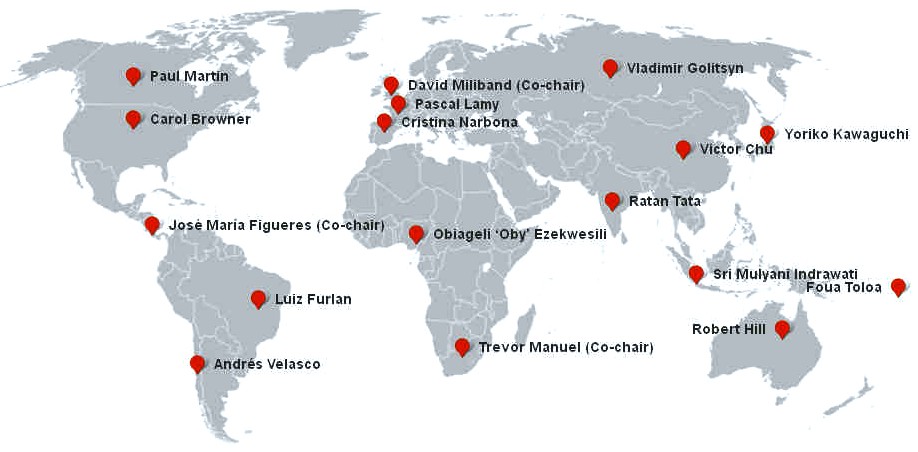
GLOBAL
OCEAN COMMISSIONERS
- A map of the world showing the location of the GOC's commissioners.
GLOBAL
OCEAN COMMISSIONERS - CO-CHAIRS
|
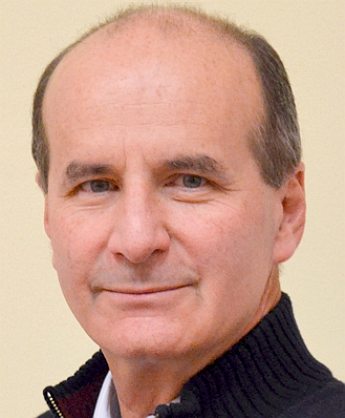
|
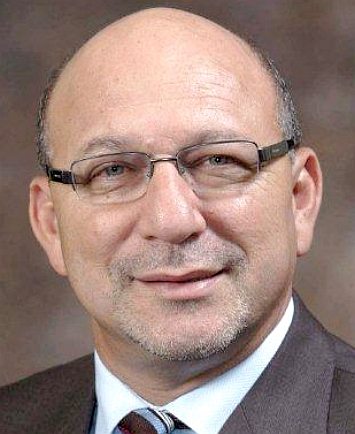
|
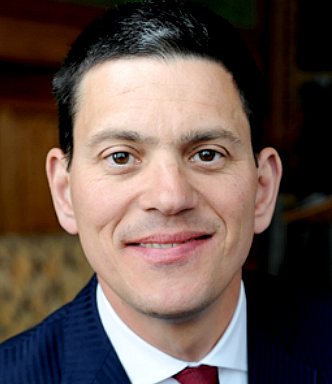
|
|
José María Figueres |
Trevor Manuel |
David
Miliband |
GOC's
SECRETARIAT
|
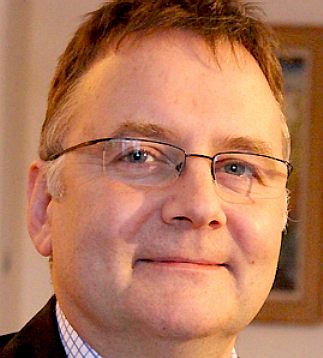
|
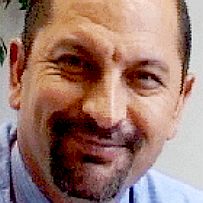
|
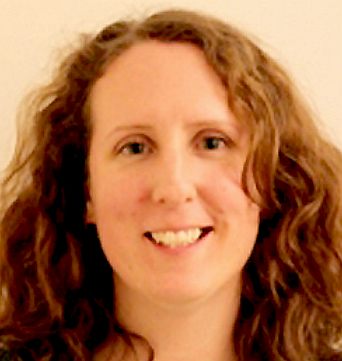
|
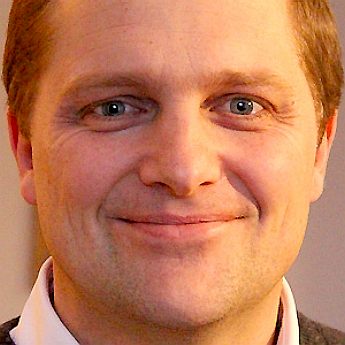
|
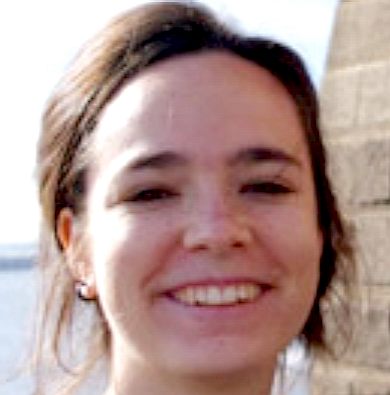
|
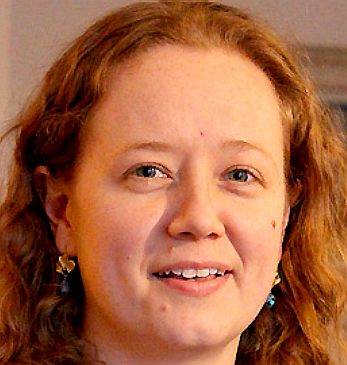
|
|
Simon
Reddy |
Rémi Parmentier |
Clare
Brennan |
Kristian Teleki |
Inés de Águeda |
Sarah Gardner |
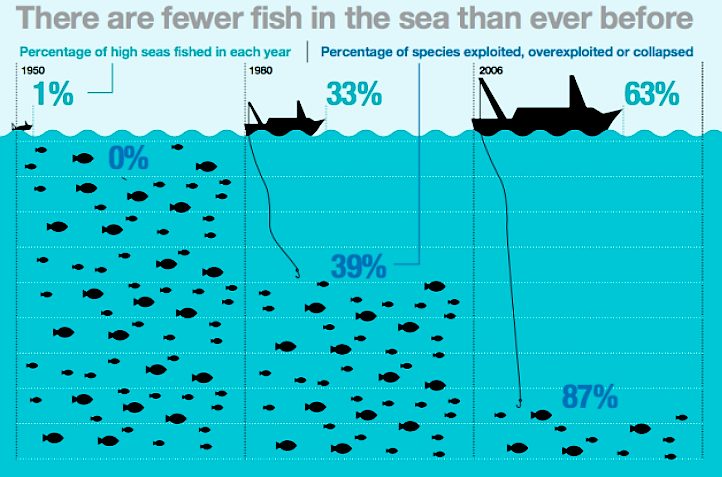
RICH COUNTRIES PAY ZOMBIES $5 BILLION A YEAR IN SUBSIDIES TO PLUNDER THE OCEANS
- If industrial fleets weren’t subsidized, they’d go out of business. Small-scale fisheries that don’t need enormous amounts of fuel to catch huge hauls of
fish - i.e. the ones using sustainable fishing practices - would then in theory thrive. Many of these fishermen are in poor countries whose governments can’t afford to compete in the industrial looting.
Worse, there’s a double-whammy zombie effect going on in the fishing context. Government subsidies to highly destructive industrial fleets don’t just deprive small-scale fishermen of finite taxpayer dollars and edge them out of the market with cheap prices; they also rob them of current and long-term fishing stocks. 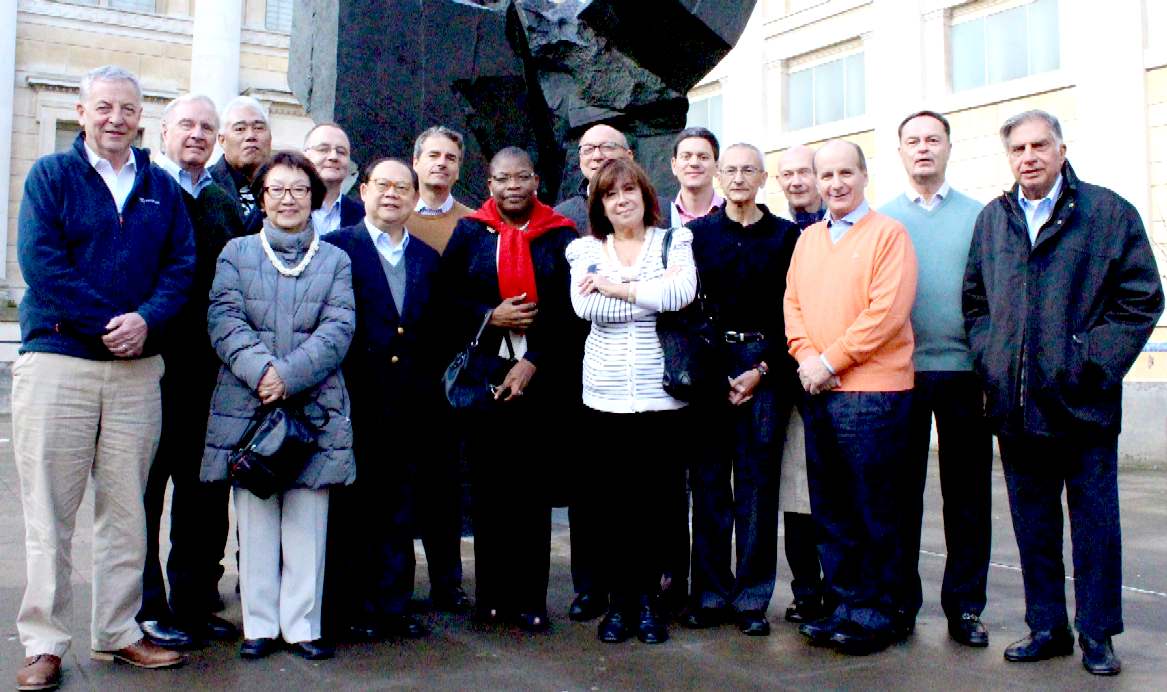
The Global Ocean Commission at its meeting in Oxford, 21st-23rd November 2013 (left to right) Robert Hill, Paul Martin, Foua
Toloa, Yoriko Kawaguchi, Simon Reddy (Executive Secretary), Victor Chu, Andrés Velasco, Obiageli
Ezekwesili, Trevor Manuel (Co-chair), Cristina Narbona, David Miliband (Co-chair), John
Podesta, Pascal Lamy, José María Figueres (Co-chair), Vladimir Golitsyn, Ratan
Tata. 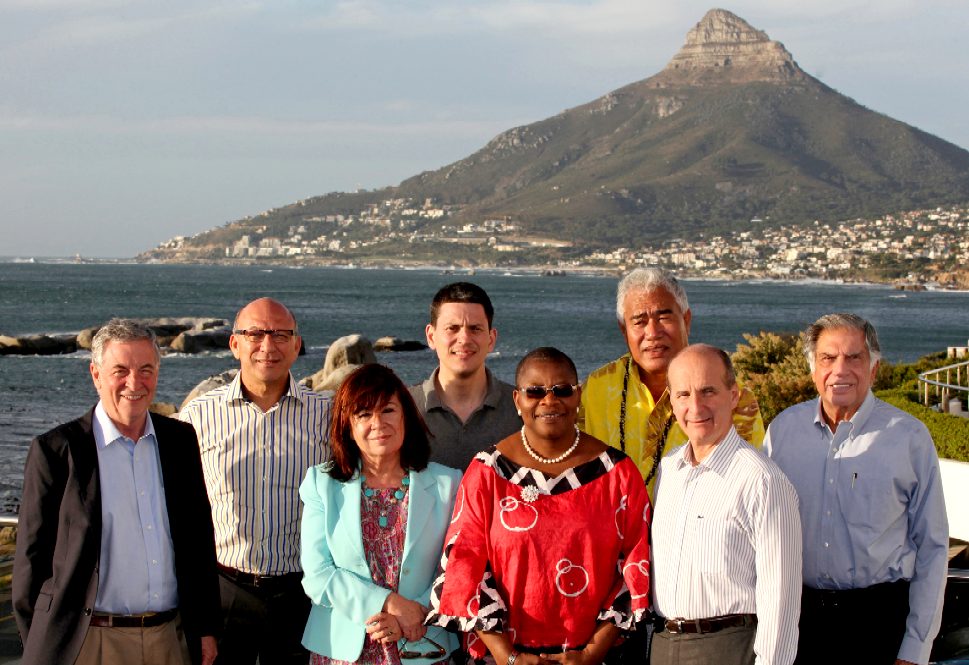
Members of the Global Ocean Commission at their inaugural meeting in Cape
Town, South
Africa. Left to right: Robert Hill, Trevor Manuel (Co-chair), Cristina
Narbona, David Miliband (Co-chair), Obiageli Ezekwesili, Foua Toloa, José María Figueres
(Co-chair), Sir Ratan Tata.
LINKS
& REFERENCE
Youtube
watch Pascal Lamy
Wikipedia Pascal_Lamy
The
Guardian global-development-professionals-network 2013 dec 03 pascal-lamy-aid-for-trade-convergences
Lepoint
Franceplaidoyer pour l economie bleue par Pascal Lamy 30 June 2014
Telegraph
US-royal-tour-Prince-of-Wales-makes-plea-for-cleaner-oceans
Prince-of-Wales-speech-hrh-the-prince-of-wales-event-titled-plastic-the-marine-environment-scaling
Daily
Mail
Charles-horrified-toll-plastic-dumped-sea-Prince-Wales-plea-solve-issue-sake-future-generations
The
Guardian environment 2015 March 19
Prince-charles-calls-for-end-to-dumping-of-plastic-in-worlds-oceans
http://abcnews.go.com/US/wireStory/prince-charles-speaks-dangers-plastic-waste-oceans-29736519
Global
Ocean Commission
National
Geographic news 2014 June
Global-ocean-commission-report-high-seas-fishing-environment
Virgin
leadership and advocacy introducing global ocean commission
Wikipedia
European_Commissioner_for_Maritime_Affairs_and_Fisheries
Reuters
2013 US oceans new global group to clean up
National
Geographic 2014
global-ocean-commission-report-high-seas-fishing-environment
https://www.youtube.com/watch?v=3R9aYCmRTAc
http://en.wikipedia.org/wiki/Pascal_Lamy
http://www.lepoint.fr/plaidoyer-pour-l-economie-bleue-par-pascal-lamy-30-06-2014-1841870_19.php
http://en.wikipedia.org/wiki/European_Commissioner_for_Maritime_Affairs_and_Fisheries
http://www.virgin.com/unite/leadership-and-advocacy/introducing-global-ocean-commission
http://www.scienceifl.com/ocean-plastic-pollution.htm
http://abcnews.go.com/US/wireStory/prince-charles-speaks-dangers-plastic-waste-oceans-29736519
http://www.globaloceancommission.org/
http://time.com/3750375/environment-prince-charles-oceans/
http://news.nationalgeographic.com/2015/03/150318-prince-charles-oceans-trash-plastic-britain/
http://en.wikipedia.org/wiki/Global_Ocean_Commission
http://www.itv.com/news/2015-03-18/prince-charles-makes-impassioned-plea-for-oceans-clean-up/
ACID
OCEANS - ARCTIC
- ATLANTIC - BALTIC
- BERING
- CARIBBEAN - CORAL - EAST
CHINA - ENGLISH CH
GULF
MEXICO
- GOC - INDIAN
- MEDITERRANEAN -
NORTH SEA - PACIFIC
- PERSIAN GULF - SEA
JAPAN - STH
CHINA
PLANKTON
- PLASTIC
- PLASTIC
OCEANS - UNCLOS
- UNEP
- WWF
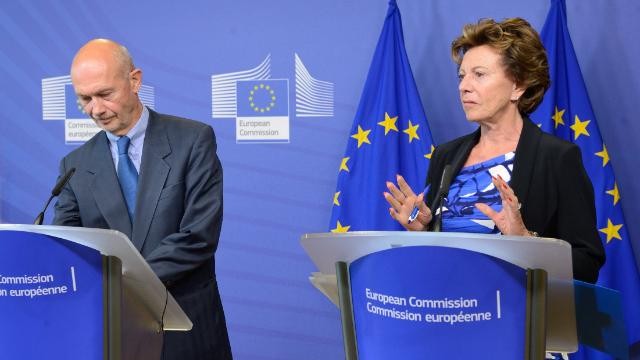
|


































